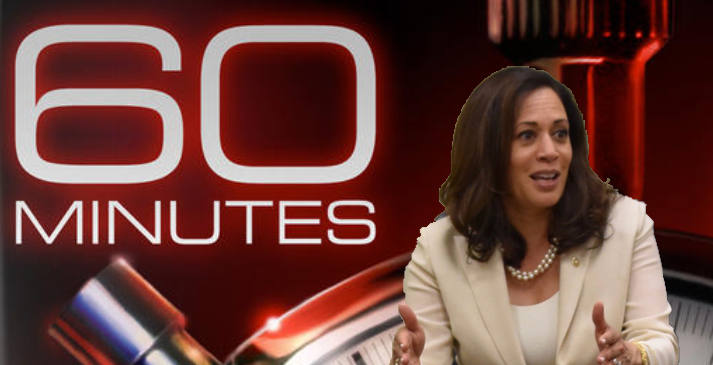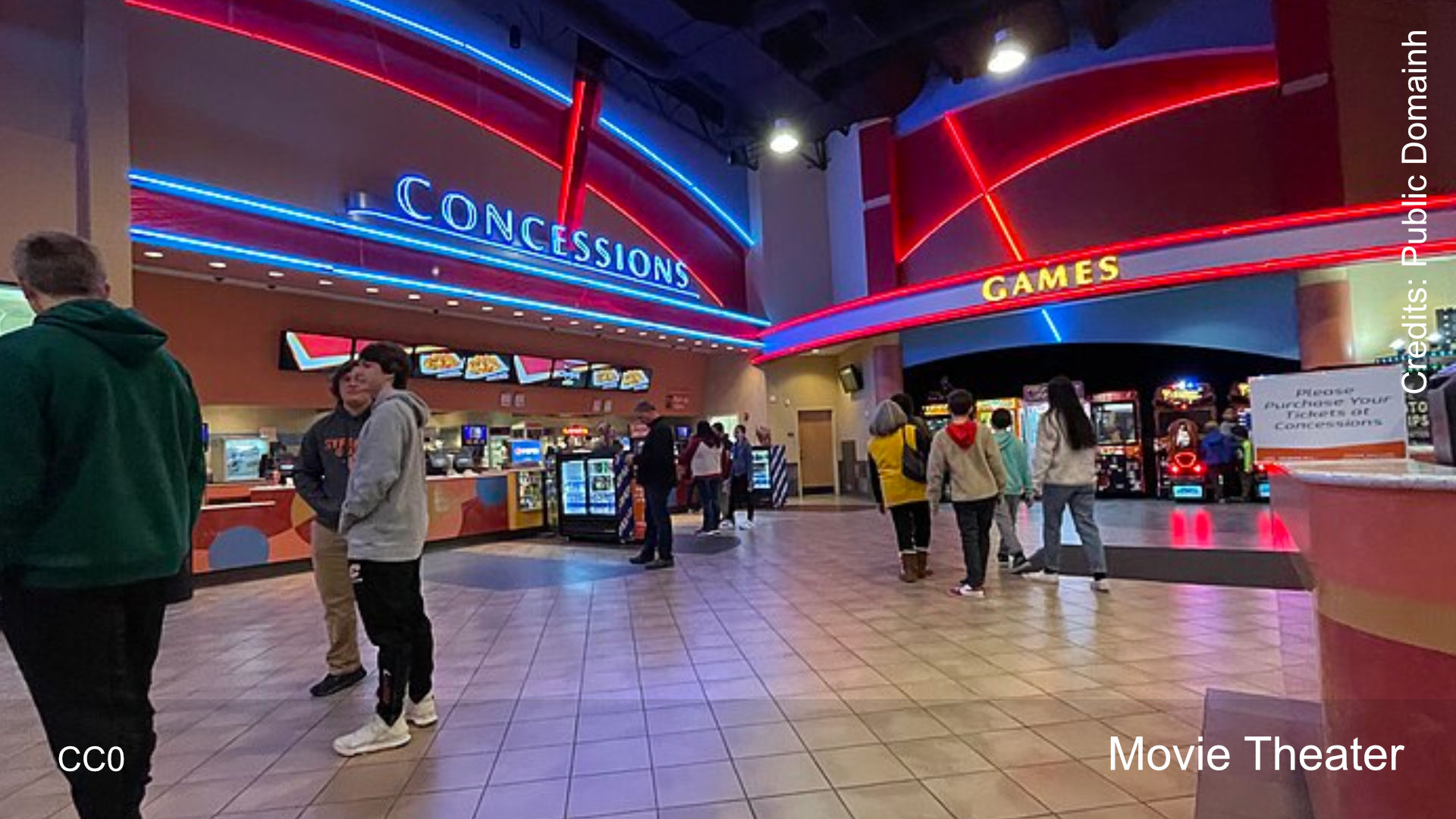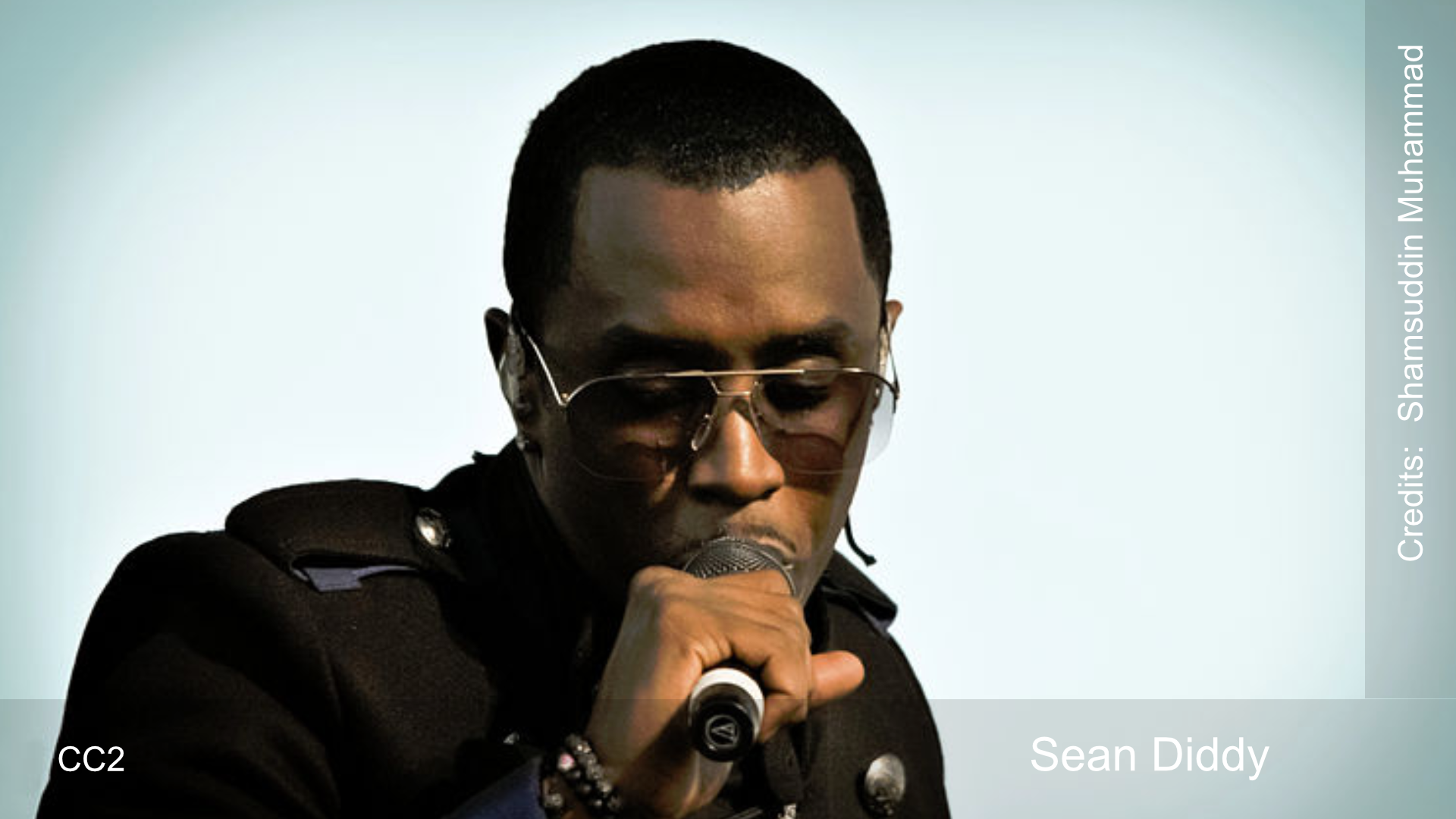A brewing controversy has emerged surrounding an edited interview of Vice President Kamala Harris aired on CBS’s “60 Minutes.” The network has come under scrutiny for presenting two different versions of Harris’s response to a question about U.S.-Israel relations. Critics have accused CBS of potentially manipulating the interview to portray Harris more favorably, raising questions about media transparency and bias.
- A controversy has erupted over an edited interview of Vice President Kamala Harris on CBS’s “60 Minutes,” with critics accusing the network of altering her response to a question on U.S.-Israel relations.
- Two different versions of Harris’s answer aired, with a lengthy, criticized response shown on “Face the Nation” and a more polished version on “60 Minutes,” sparking allegations of media bias.
- Conservative figures and the Trump campaign have called for CBS to release the full, unedited interview to clarify the discrepancies and ensure transparency.
- CBS has remained silent on the issue, fueling suspicions and raising broader questions about media ethics and the responsibility to deliver unedited information to the public.
The controversy stems from a segment aired on “Face the Nation” on October 6, where Harris’s lengthy response was characterized as a “word salad” by some critics. However, in the “60 Minutes” broadcast the following day, a more concise and coherent version of her answer was presented. The discrepancy has led to calls for CBS to release the full, unedited interview to provide clarity and address concerns over potential bias.
The issue has been amplified by conservative media and political figures, who argue that the edit was done to protect Harris from criticism. Brent Bozell, founder of the Media Research Center, has demanded transparency, stating, “The only way to clear this up is to release the full video and identify who was responsible.” The Trump campaign has echoed these sentiments, urging CBS to release the complete transcript.
Despite the mounting pressure, CBS has remained silent, choosing not to comment on the matter. Critics argue that the network’s refusal to address the controversy undermines its credibility and fuels suspicions of editorial bias. The situation has also sparked a broader debate on media ethics and the responsibility of news organizations to provide accurate, unaltered information to the public.
As the controversy unfolds, the Harris campaign has distanced itself from the editing decision, directing inquiries back to CBS. Meanwhile, the network faces increased scrutiny and demands for transparency, as media watchdogs and political figures continue to call for the release of the full interview. The outcome of this controversy could have significant implications for media trust and the public’s perception of news reporting during the election season.





